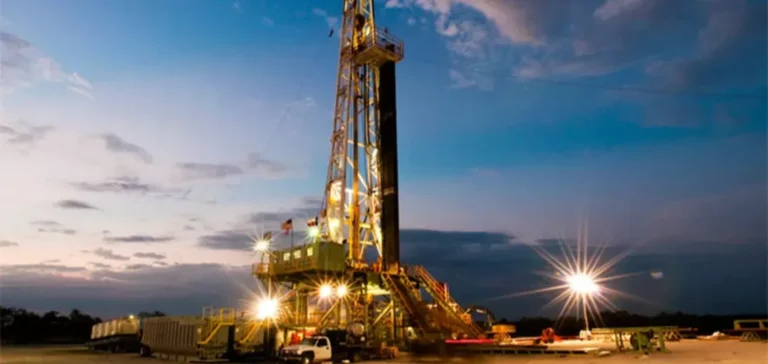The South African Department of Mineral Resources and Energy has confirmed the imminent lifting of the shale gas moratorium, which was imposed in 2011. This policy shift aims to strengthen national energy supply by tapping into the potential of the Karoo Basin, long identified as a strategic reserve for unconventional gas production. The move comes as chronic power outages continue to undermine the country’s economy.
Minister Gwede Mantashe stated that the new regulations on hydraulic fracturing are expected to be published in the coming weeks. These will include provisions on operational safety and environmental standards specific to this technology. A previous attempt at regulation was overturned by the High Court in 2017 due to inadequate environmental safeguards.
A national resource to offset coal limitations
South Africa still generates more than 70% of its electricity from coal, and delays in renewable energy projects limit short-term alternatives. In this context, shale gas is viewed by Pretoria as a transitional source capable of supporting the power system. The Academy of Science of South Africa estimates that a reserve of 5 trillion cubic feet (about 141 billion cubic metres) would be sufficient to power a 1,000 to 2,000 MW plant for several decades.
Previous studies have cited a potential of between 13 and 209 trillion cubic feet (between 368 and 5,919 billion cubic metres) in the Karoo Basin, making it one of the largest unconventional deposits in Africa. Authorities now rely on this potential to diversify an energy mix still heavily dominated by fossil fuels.
Towards technical cooperation with the United States
In parallel, the South African presidency has confirmed its interest in cooperating with the United States to gain access to advanced hydraulic fracturing technologies. This partnership aims to secure a technology transfer adapted to the geological conditions of the Karoo, a semi-arid region where water scarcity remains a major constraint.
Despite the stated ambitions, the project continues to face strong opposition due to risks to groundwater and fragile ecosystems. The social acceptability of the project remains uncertain, as local communities demand guarantees on the long-term impacts of drilling. The government will also need to integrate previous court decisions into the new regulatory framework to avoid further legal challenges.






















